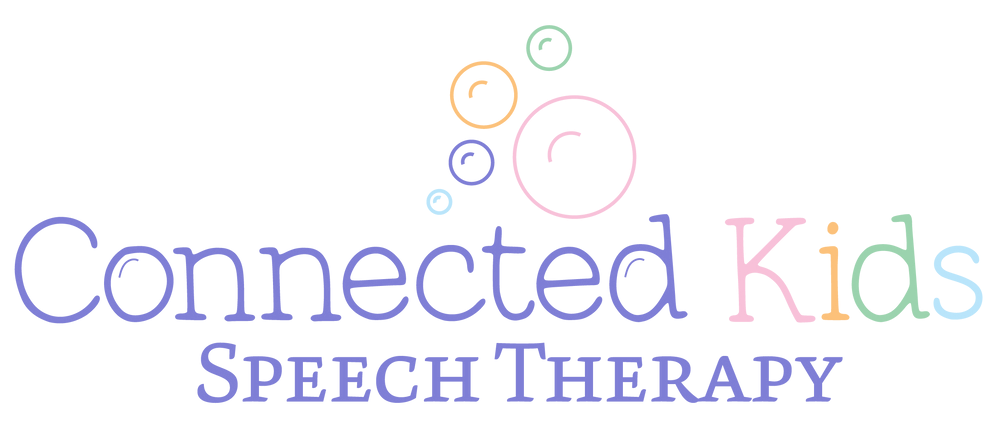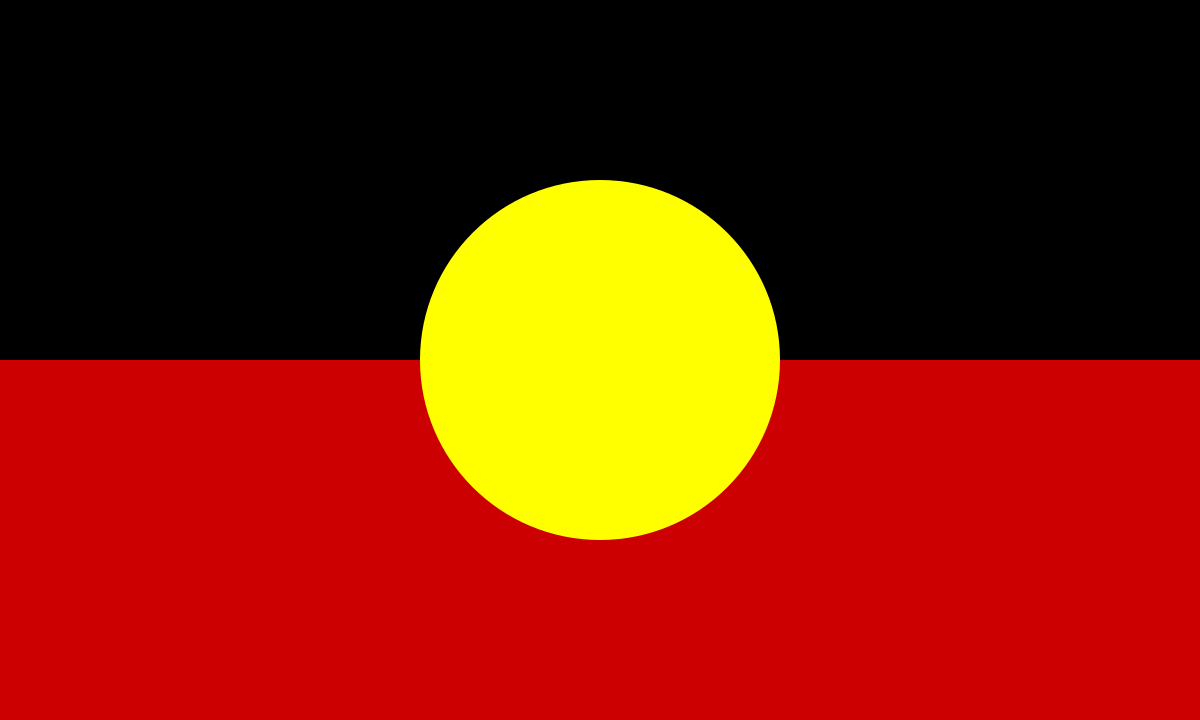
Expressive Language
Expressive language refers to the way we use language to communicate. It involves the vocabulary we use, how we put words together and use of grammar. It also involves non-speaking forms including the use of gesture, facial expressions and body language
Children can acquire language analytically or through gestalt language processing. We are trained to support both forms of language acquisition. We provide therapy to ensure your child is able to communicate their needs, wants, likes and dislikes in a way that is accessible to them.
Analytic language processing (ALP) is the more ‘well known’ method of language acquisition. Each single word holds a single meaning and these children are often able to use words referentially and flexibly from the start.
Development may occur in this way:
1. babbling
2. single words e.g., hands
3. 2 words together e.g., wash hands
4. emerging grammar e.g., I go wash hands
5. sentences e.g., I wash my hands at school
Gestalt language processors (GLP) may have no ‘words’ but are heard to hum or sing songs. They may imitate language they hear from you or from their favourite show. They often have very rich intonation and use long strings of unintelligible language.
Development occurs across 6 stages and may start at phrase level, for example:
1. delayed echolalia
e.g., let’s wash our hands
2. mixing and matching parts e.g., let’s wash our face
3. single words and 2 word combinations e.g., face
4. original phrases with beginning grammar e.g., face gotted dirty
5-6. more advanced/ complex grammar e.g., my face is clean
Connected Kids can assess and provide specific strategies and support to parents, carers and other important people in your child’s life to ensure their language continues to develop.
Get in Touch with Connected Kids



We pay respect to the traditional Wiradjuri owners of the land in which we live and work.